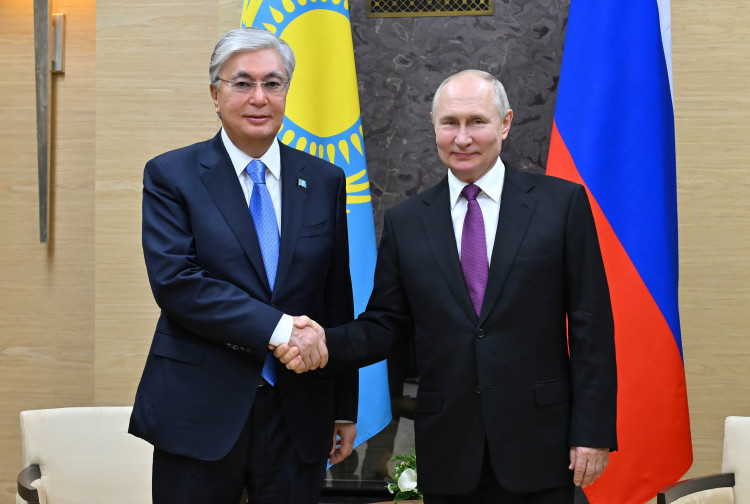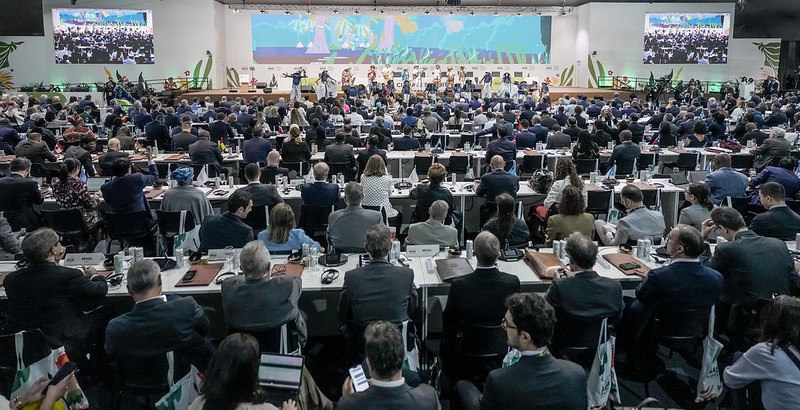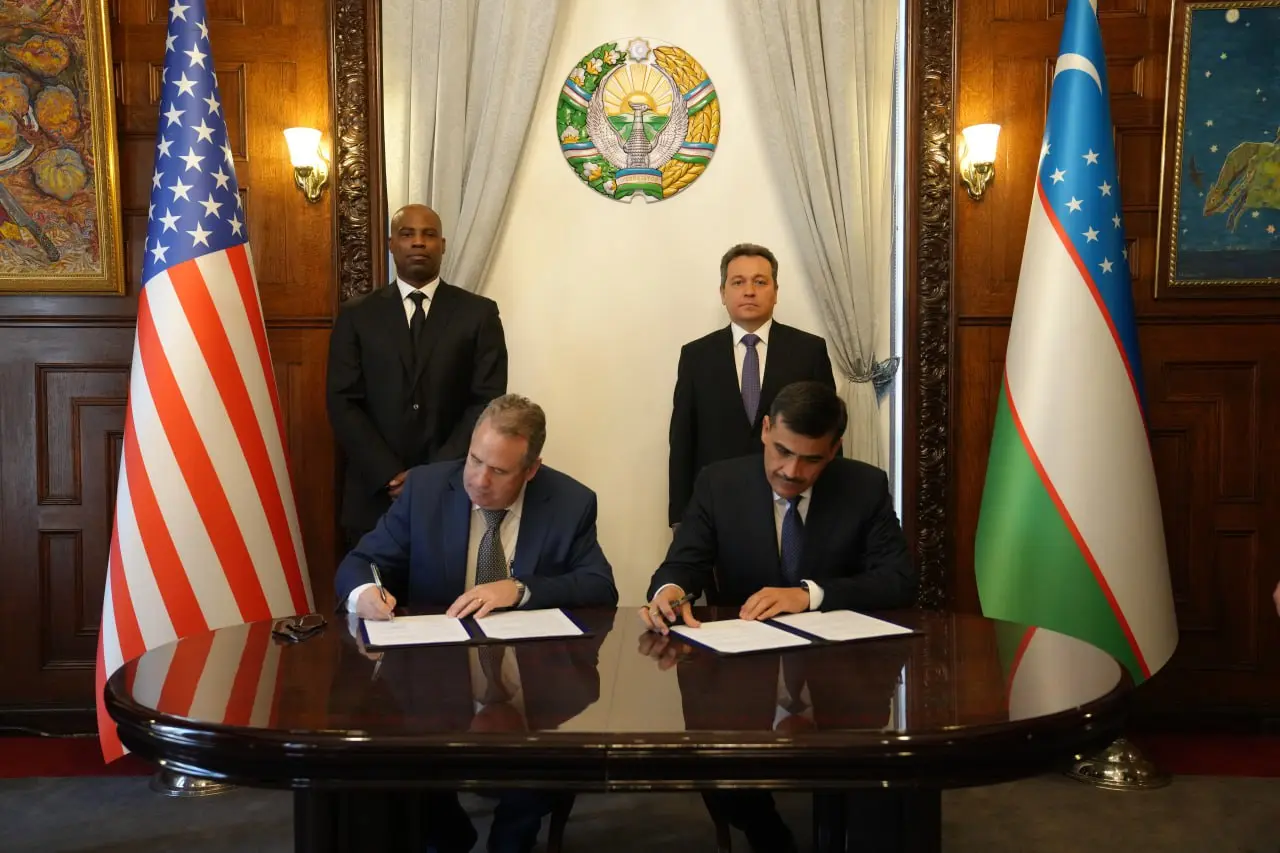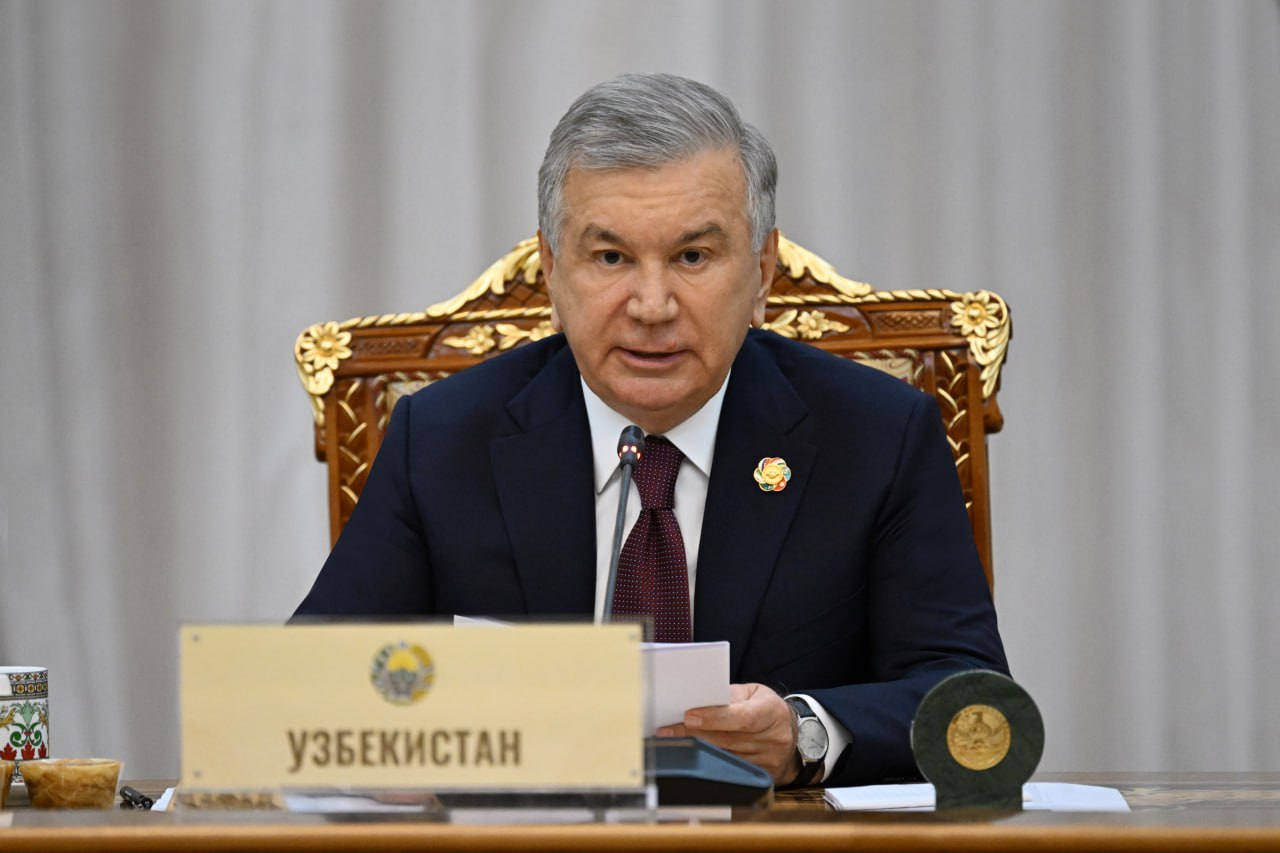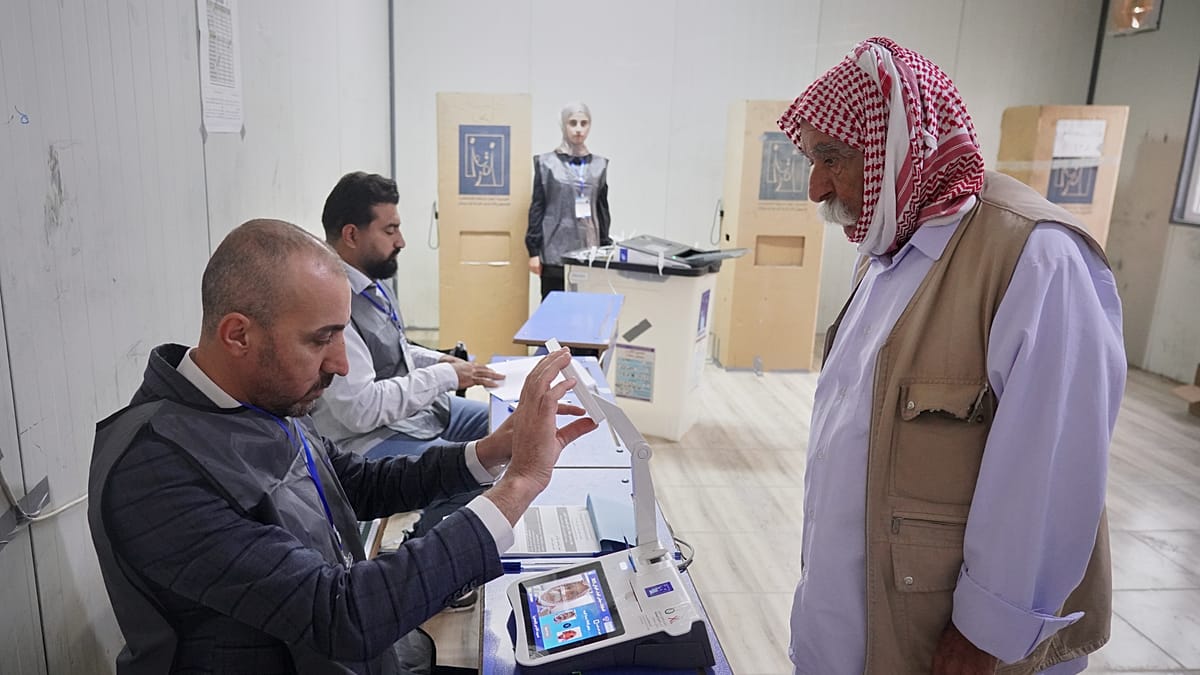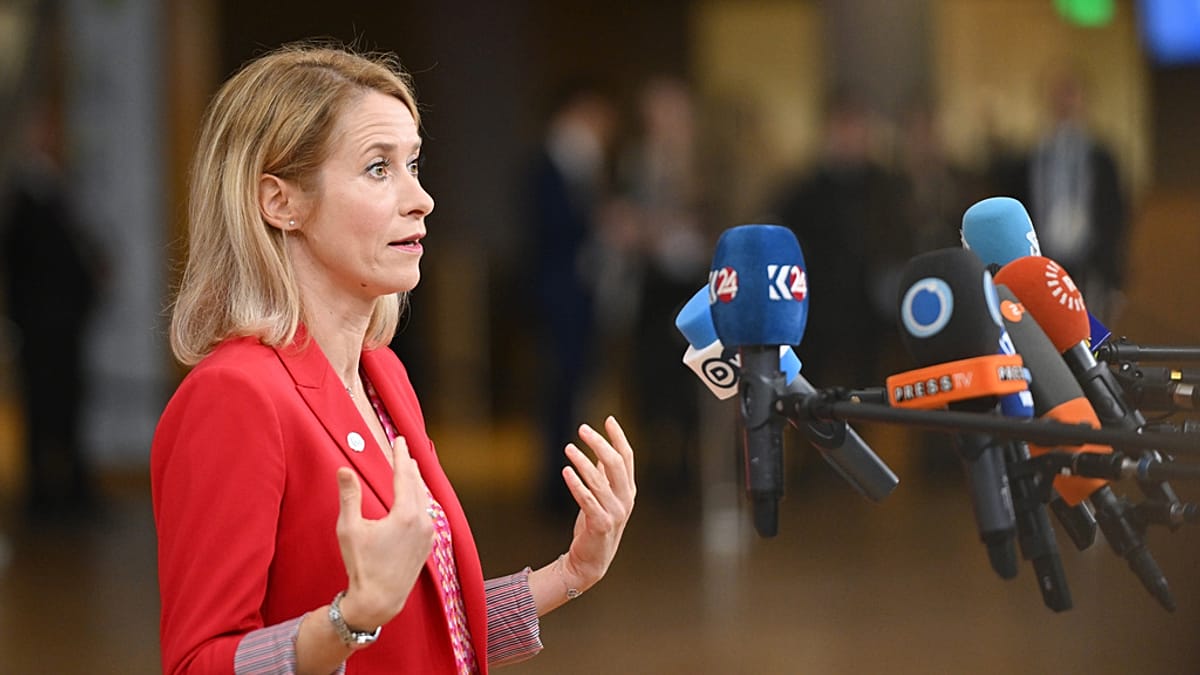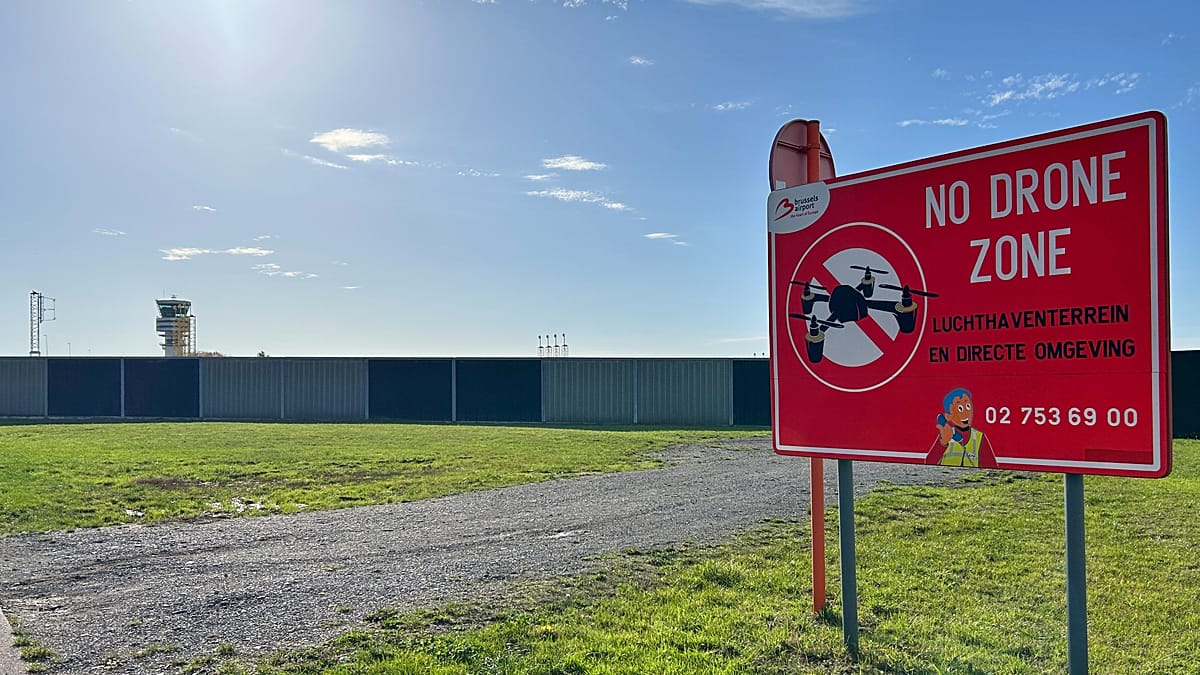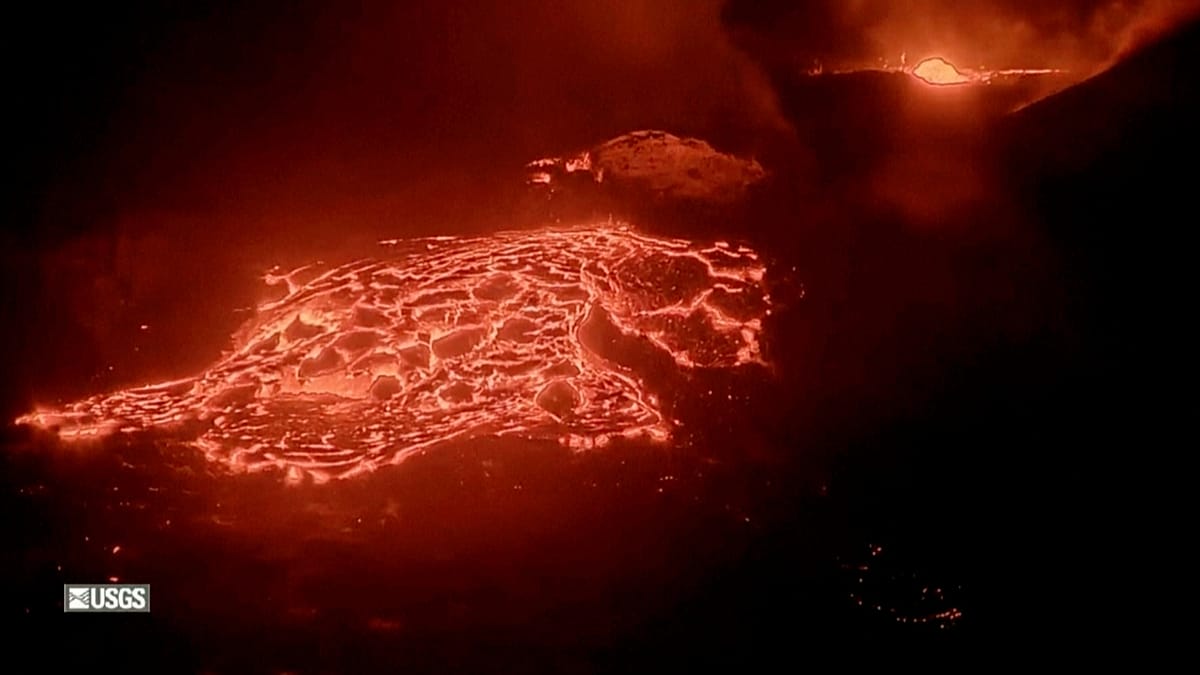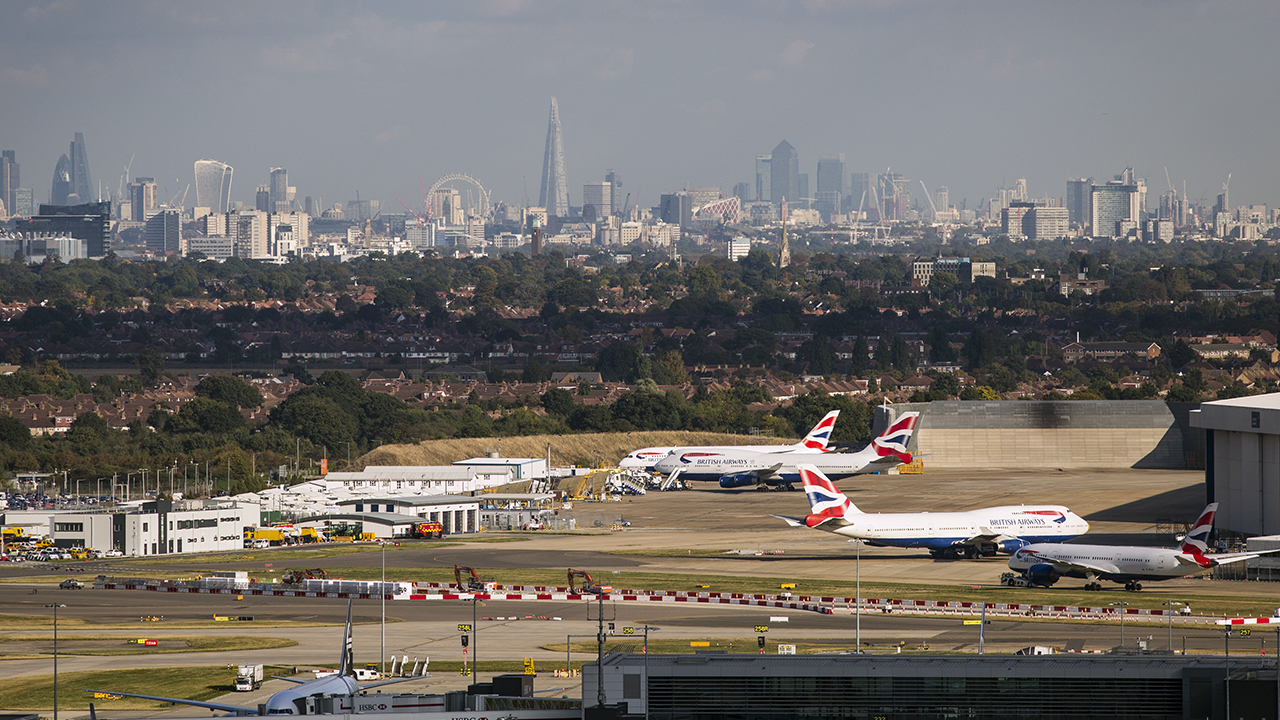AI, Democracy & the End of Critical Thinking: Noreena Hertz on the Shifts Reshaping Our Future
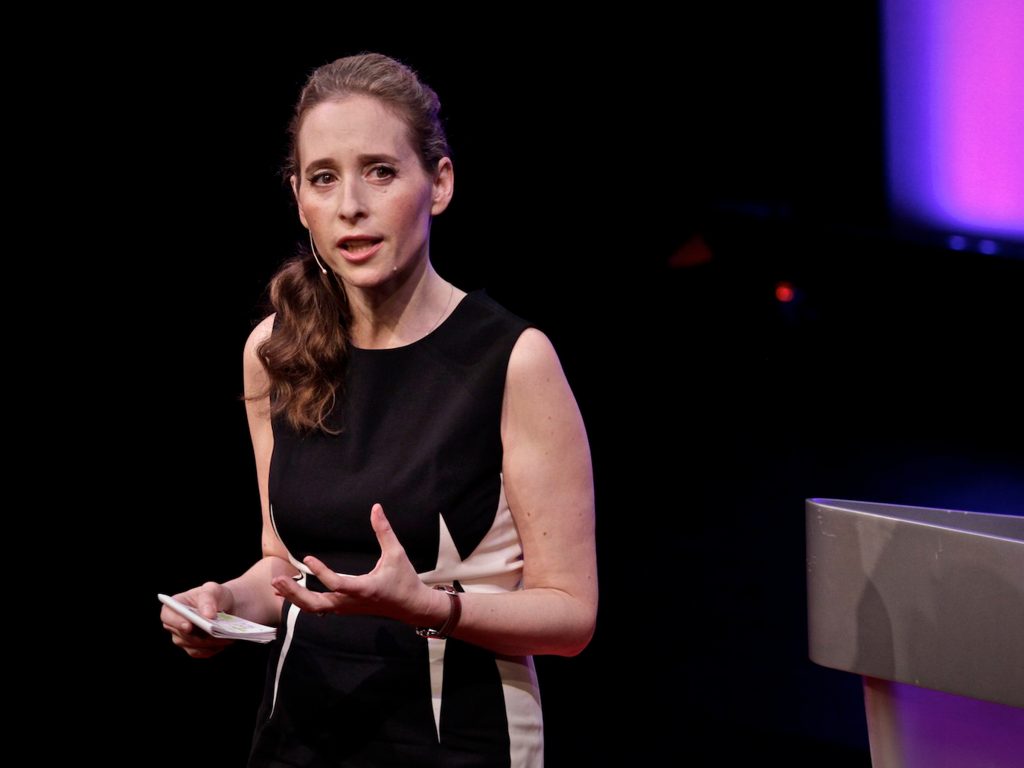

Recognised globally for her sharp economic foresight and evidence-based thinking, Noreena Hertz is one of the most sought-after women in business speakers on the international stage.
With a career spanning global advisory roles, bestselling books, and leadership positions at institutions like University College London, she brings unmatched clarity to today’s most complex economic, technological and societal issues.
In this exclusive interview with The Champions Speakers Agency, Noreena unpacks the far-reaching implications of artificial intelligence—from its power to drive innovation to its potential to erode critical thinking and reshape the workforce.
With trademark urgency and insight, she challenges leaders to reconsider how AI, disinformation and systemic disruption could redefine democracy, purpose and the global economy itself.
Q: As a global economist, what role will artificial intelligence play in reshaping the economic landscape over the coming years—and what risks should we be paying closer attention to?
Noreena Hertz: “Artificial intelligence. There is another trend which is going to profoundly impact the economic landscape over the coming years, and that is artificial intelligence.
“I’ve been thinking about artificial intelligence for a long time. Almost a decade ago, I put together a team of computer scientists and social scientists to look at how we could deploy artificial intelligence to predict election results, and over the past 10 years I’ve remained very engaged with this subject, including on the boards on which I sit.
“So how is AI going to transform the landscape? Well, the first way it’s going to do so is because of the extent to which artificial intelligence is likely to accelerate innovation and progress. Because AI is capable of helping people do things better and faster, there’s huge potential for companies to be able to use it really effectively to innovate and also to reduce costs.
“But it’s not all good news, because with the current state of AI in particular, it does have limitations that it’s really critical for business leaders to be aware of. You see, artificial intelligence still gets a lot wrong.
“The BBC ran a study recently where they gave news articles to all the main LLM models to summarise – ChatGPT, Claude and so forth. What they found was quite striking: only 50% of the summaries that these LLMs generated were accurate – only 50%. And yet, people tend to use these systems believing that what they’re spouting out is inevitably true.
“At a time in which 93% of Generation Z use AI at work, and a third of office workers use AI a quarter of the time, the fact that they are instinctively deferring to models which are still subject to huge degrees of error is worrying.
“But it’s worrying for another reason. Because research just out has shown that it’s not just that people believe AI to be true when it’s not. When we use AI, and the more we rely on it and the more we trust it, the more we turn our own brains off. I mean, this has huge ramifications – not only of course for the workplace and for the economy, especially at a time when we need our brains switched on more than ever – but also more broadly for society.
“Because as we walk into a future in which AI will increasingly be promulgating misinformation and disinformation, the ability to be able to interrogate AI in order to make the right decisions, not only economically but politically as well, will be increasingly important.
“The fact that the more we use AI, the more we risk being incapable of critical thought is therefore incredibly worrying. The distance between asking ChatGPT “What shall I wear to the office?” to the destruction of democracy is far closer than you might have thought.”
Q: With artificial intelligence poised to disrupt the labour market, what are the wider implications for workforce identity, income distribution and the future role of governments?
Noreena Hertz: “Artificial intelligence will also have significant ramifications for the global economy because of the impact it will have on jobs. Already, we’re seeing companies replace human workers with artificial intelligence, and this is only going to increase – especially as we reach what’s known as artificial general intelligence: the point at which artificial intelligence is as smart as the smartest humans out there, a point that leading AI thinkers believe we’re going to reach within as soon as the next few years.
“I mean, imagine a future when instead of hiring a human employee, an employer can hire an AI who’s guaranteed to deliver their work incredibly smartly, incredibly efficiently – it’s never going to ask for holidays, it’s never going to get sick. Of course they’re going to pick the AI.
“And then think about the ramifications of this in the workplace. If you’re one of the few remaining humans who now has to work alongside AI, what’s that going to mean for the workforce and for your HR department? Big things to think about for society at large.
“Of course, if people are replaced by artificial intelligence to the extent that it is believed they will be, the ramifications again will be severe. Because without people earning and being able to earn money, how will governments have income to spend?
“What will that mean for the future of government spending and for the taxes companies and those who still are employed will have to bear on their shoulders? Big issues to think about for society as well.
“Big issues to think about if AI really does replace jobs to the extent that most people now believe it soon will. Because without the identity that comes with work – without that sense of purpose and belonging that the workplace traditionally has delivered – how will people feel? What will they want to do? And how will they vote?
“Big, big questions that are not yet resolved and are barely being addressed.”
Q: When you speak to business leaders and policymakers, what are the key takeaways you hope to leave them with about navigating today’s complex global landscape?
Noreena Hertz: “I hope they come away smarter – smarter about the forces that are shaping our world, which is incredibly complex right now: technological, political, geopolitical, economic, societal. Be smarter about how these forces interact, but also about how they impact businesses in very real terms.
“I hope too that they come away with new brain food – with things that they hadn’t thought about before, new insights, new understanding, new perspective, new lens through which to look at the world.
“And I hope they come away with concrete tools – tools that they can actually deploy at work, so that they can make smarter, more strategic decisions. Better decisions with more confidence and more degree of success.
“Ultimately, I hope that my audience comes away with these three things: being more informed, more illuminated, and also, I hope, more inspired.”
This exclusive interview with Noreena Hetz was conducted by Mark Matthews of The Motivational Speakers Agency.
The post AI, Democracy & the End of Critical Thinking: Noreena Hertz on the Shifts Reshaping Our Future appeared first on European Business & Finance Magazine.
